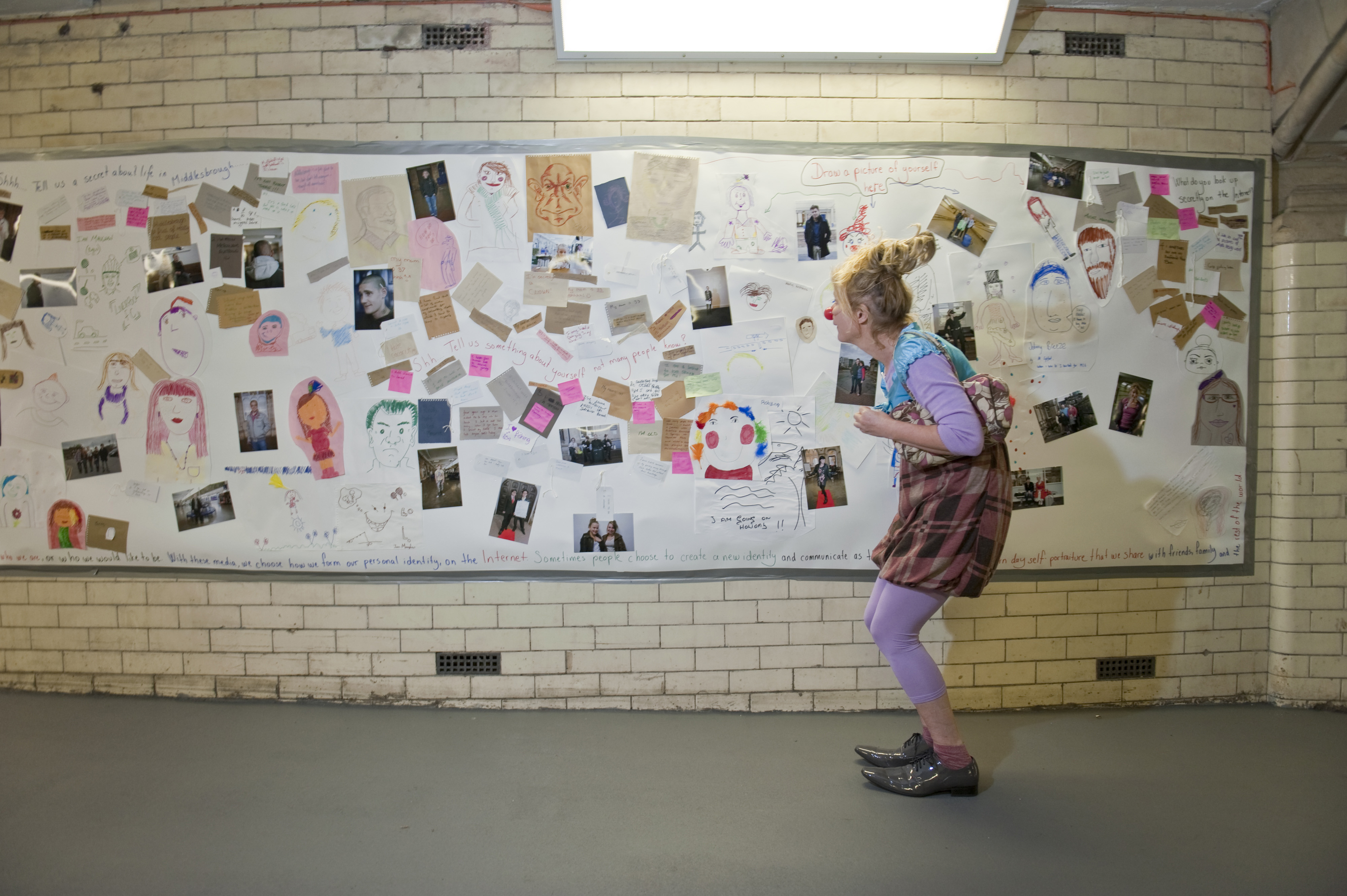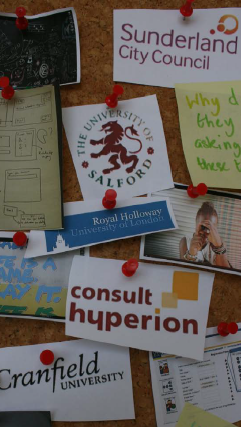VOME Research Activities
VOME Exploratorium Privacy Survey
Click here to complete the survey.
This is a quantitative research assessment of the country’s online user population in its behaviours and privacy attitudes. In the course of expounding the conceptual models of on-line privacy, it is essential to first understand the users’ demographics, assets and infrastructure which may possibly influence the range of online activities they engage in. The different categories of online pursuits, ranging from simple emailing and information searches to social networking and entertainment, together with demographic and infrastructural differences, may result in diverse perceptions and attitudes of privacy risks in the on-line context. This survey is part of the on-going VOME research activity that uses qualitative and quantitative research methods to build a rich picture of our on-line privacy, consent and identity beliefs and behaviours.
VOME Focus Groups
The VOME team conducts focus group discussion on online activities, privacy concerns and associated privacy protective behaviours. These discussions bring up emergent themes, issues and questions and outlines key findings that may signal the future directions in privacy research.
Opportunities to participate in VOME
We are now looking for additional user groups to act as research test beds. A suitable test bed will contain users of on-line services (either public or corporate), on-line services and a diverse technological infrastructure. User groups from public services, healthcare and the corporate sectors are particularly welcomed.
Working with the AAC Community
Two researchers from Royal Holloway, University of London, are working within the AAC user community to better understand how AAC technologies are used in different settings, including the Internet. This information gathering exercise forms part of a UK national study into information disclosure and the Internet. This wider study is called Visualisation and Other Methods of Expression (VOME) and its focus is to develop technologies which help technology users decide how they wish to use the Internet.
VOME seeks to identify and understand the patterns of practice that technology users have when creating and disclosing information about themselves. VOME’s philosophy is to design technologies that are as inclusive and as accessible as possible. The issues relating to AAC users and their use of Internet-enabled technologies are of profound importance to a project such as VOME.
Each generation of AAC devices brings increased network connectivity which offers AAC users an ever-increasing range of opportunities for communication. Network connectivity in AAC use can be as simple as storing and downloading utterances from the Internet. However, new developments in AAC technology also enable AAC users to deploy wider Internet capabilities such as geolocation tools, increased accessibility through cloud computing and messaging technologies in their communication. Identifying patterns of communication skills and the vision AAC families have for AAC technologies, will help researchers develop a better understanding of how new developments in AAC technologies might be used and any safety or support needs that follow.
Engaging with any user community is a multi-stage process. In the early phase of the work, the research team would very much like to hear from families who would be happy to have a short, informal conversation to share their insights and views. This will help us focus the follow-on formal studies. The initial study will be conducted from the UK but we welcome inquiries and participation from everywhere.
Please contact claire.hudson@rhul.ac.uk if you would like to take part.


